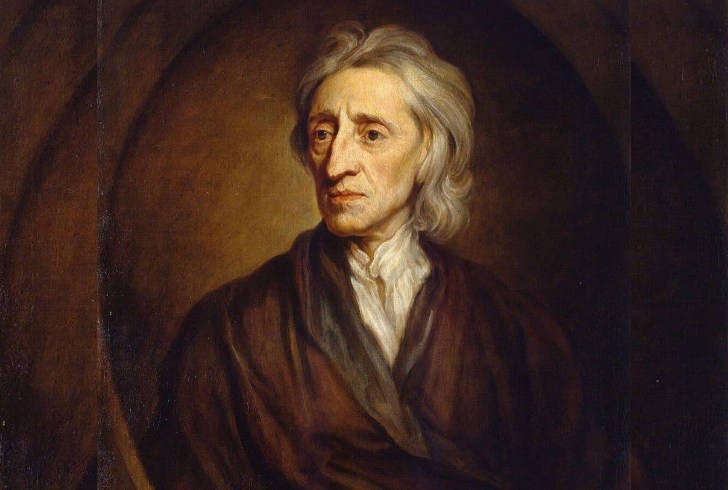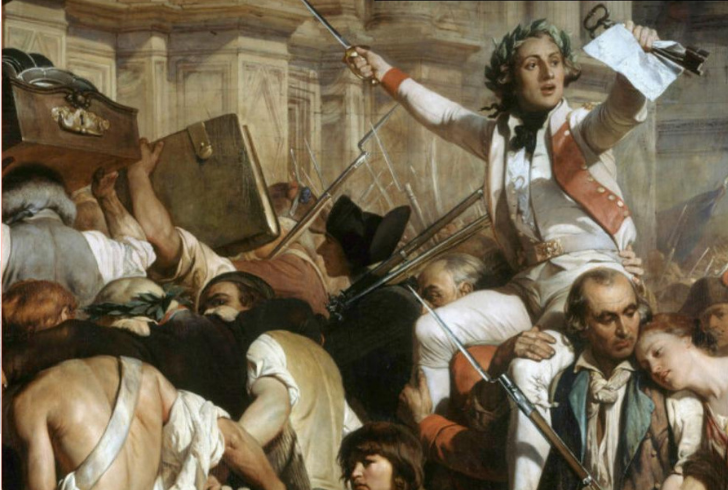In the vast tapestry of philosophical discourse, one concept stands out like a beacon of inherent human dignity: natural rights. These rights, bestowed not by governments or legal systems but inherent to our very existence, form the cornerstone of societal harmony and individual freedom. But what are natural rights, and how do they shape our understanding of governance, justice, and human interaction?
Understanding What are Natural Rights

Freepik | Natural rights are the basic freedoms every person has inherently, regardless of societal norms or laws.
Natural rights, often intertwined with the notion of natural law, have been a subject of contemplation for philosophers across epochs. From the ancient sages to the modern proponents of human rights, the discourse surrounding natural rights has evolved, yet its essence remains unaltered.
At its core, natural rights encapsulate the fundamental liberties and entitlements that every individual possesses inherently, irrespective of societal constructs or legal frameworks.
The Enlightenment Perspective
The Enlightenment era witnessed a revolutionary shift in how people viewed government, citizenship, and individual rights. Philosophers engaged in heated debates about the best forms of government, all while grappling with the idea of natural rights. These thinkers believed that certain fundamental rights, like life, liberty, justice, and property, weren't simply gifts from the state, but inherent to being human.
Unpacking the Tenets of Natural Rights

Instagram | john_locke.official | Visionaries like John Locke, Jean-Jacques Rousseau, and Immanuel Kant shaped our understanding of natural rights.
In the labyrinth of philosophical inquiry, Enlightenment luminaries delineated the contours of natural rights with remarkable clarity. From the pens of visionaries like John Locke, Jean-Jacques Rousseau, and Immanuel Kant emerged a nuanced understanding of these rights:
- Life and Liberty: The right to life and the liberty to pursue one's aspirations unfettered by undue constraints emerged as cardinal principles.
- Equality and Justice: The pursuit of justice and the recognition of inherent equality underscored the ethos of natural rights.
- Property and Pursuit of Happiness: The right to property, intertwined with the pursuit of happiness, became emblematic of individual autonomy and fulfillment.
Support for Natural Rights
Enlightenment philosophers articulated diverse perspectives on the foundation of natural rights. John Locke believed that these rights were grounded in human reason and an inherent moral sense. On the other hand, Jean-Jacques Rousseau envisioned a society where people, driven by empathy and self-preservation, protected one another's freedoms.
Montesquieu advocated for liberty and justice, while Thomas Paine fervently defended religious freedom. The rich tapestry of Enlightenment philosophy showcased a diverse array of voices advocating for the importance of natural rights.
Challenges to Natural Rights
Despite its philosophical allure, the concept of natural rights did not escape scrutiny. Critics like David Hume and Edmund Burke questioned the very premise of a pre-political state of nature, while Jeremy Bentham dismissed natural rights as "nonsense on stilts." Moreover, the nebulous nature of certain rights and their potential conflict with societal well-being elicited skepticism from scholars like William Godwin.
Legacy and Contemporary Implications

Instagram | renewdemocracy | From the Declaration of Independence to the French Revolution, natural rights were a call for liberation and equality.
The legacy of natural rights reverberates through the annals of history, shaping revolutions and inspiring movements for social justice. From the Declaration of Independence to the French Revolution, the language of natural rights served as a clarion call for liberation and equality. Yet, the discourse persists, with contemporary debates delving into the nuances of rights, responsibilities, and the ever-elusive quest for a just society.
Towards a Holistic Understanding
As we journey through the ideas laid out by Enlightenment philosophers, we come face to face with the complexities of natural rights, approaching them with humility and deep reflection. These rights transcend mere theoretical concepts, embodying the hopes and challenges of humanity, prompting us to safeguard the dignity and independence of each person. In the quest to understand the core of natural rights, amidst philosophical exploration, we are called upon to light the way toward a fairer and more balanced world.






